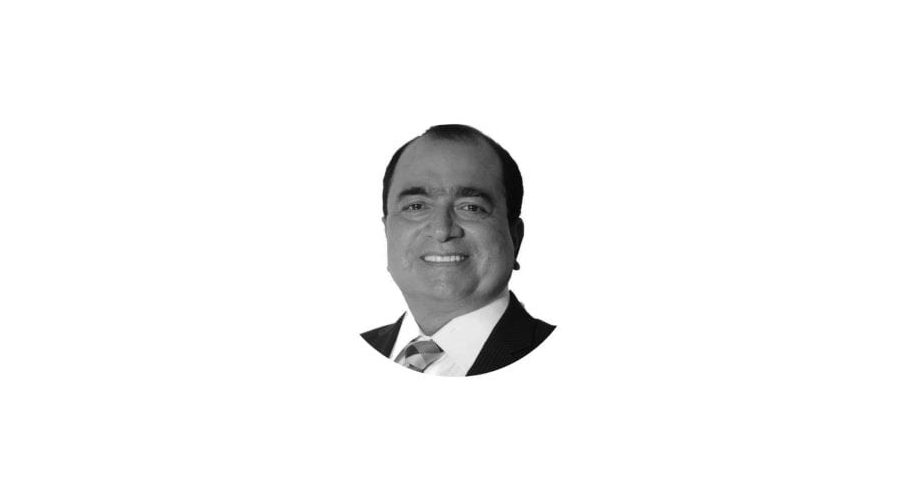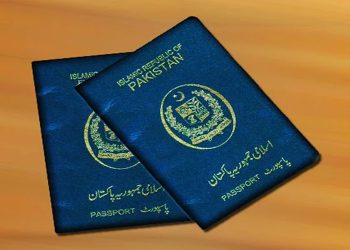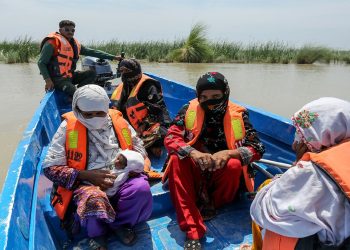Ten years back on March 5 [2013], Venezuelan President Hugo Chavez reportedly died from cancer after a two-year battle. That was the unexpected end of a 14 years of tumultuous rule that made the socialist leader a hero for the poor but a hate figure to his opponents – mostly the pro-US politicians. These politicians despite all the US support could not throw him out of power. Once in the historic armed revolt against him, Hugo Chavez was arrested and sent to heavily guarded jail. But, entire of Venezuela came out to support him. His supporters broke the prison guarded by the rebellion security forces, and reverted the revolt just in two hours to put their leader back to the Presidency. That was the defining moment for the US and its domesticated leadership in Venezuela to think of other means to get rid of him.
Hugo Chavez, the bold voice against the US hegemonic interventions in his country and in the Latin American region was suddenly detected with cancer in his pelvic region in mid-2011. The 58-year-old brave leader had undergone four operations including the last surgery on December 11, 2012 and he had not been seen in public since.
After the cancer was diagnosed in June 2011, Chavez went through several cycles of disappearing from the public eye for weeks at a time for treatment in Havana, only to return just as his adversaries were predicting his demise. His health weakened severely just after his re-election on October 7, possibly due to his decision to campaign for a third term instead of stepping aside to focus on his recovery.
Chavez easily won a new six-year term at an election in October 2012 and his death was a moment of devastation for millions of his supporters who adored his charismatic style, anti-US rhetoric and oil-financed policies that brought subsidized food and free health clinics to long-neglected slums. His detractors, however, saw his one-man style, gleeful nationalizations and often harsh treatment of opponents as traits of an egotistical dictator whose misplaced statist economics wasted a historic bonanza of oil revenues. All routine allegations on another anti-US leader.
Chavez was not the first victim of “sudden cancer”, one of the very common methods the US usually uses to achieve its geopolitical goals. Particularly cynical in Washington’s list of crimes is the so-called “cancer disease” that is often used by the US intelligence agencies against the unfavorite heads of the states. It has been quite generously used against the Latin American republics by the advocates of a just world order.
In Latin America, for example, Fernando Lugo, Luis Inácio Lula da Silva, Hugo Chávez and Cristina Fernández de Kirchner were struck by cancer quite unexpectedly. All of them – former and sitting presidents of Paraguay, Brazil, Venezuela and Argentina – had actively opposed the American dictatorship, but suddenly became cancer patients. That makes the “epidemic” a curious question. At one time, the US was deeply mired in Iraq, and Afghanistan and missed serious developments in Latin America – in their own backyard. Opposition to American hegemony had matured there giving no option to them to regain their lost influence in the Western Hemisphere but to physically eliminate undesirable leaders using secret CIA techniques. Of course, this is unprovable, but such conclusions are suggested by several quarters after the strange and rapid “epidemic of cancer” among high-ranking “patients”.
Venezuela, a country with the world’s largest oil reserves and some of the most heavily traded bonds, has changed adversely after Hugo Chavez. The US penetration started just after the demise of Chavez with then-president Obama’s statement seeking a “constructive relationship” with Venezuela.
Chavez was a garrulous figurehead for a global “anti-imperialist” alliance stretching as far as Belarus and Iran, and he is being sorely missed by all anti-US agitators, not in his own country but in all the ones facing the US hegemonic interventions.
Ten years after Hugo Chávez, Venezuela is now home to an economic and humanitarian crisis, including civil unrest, hyperinflation, food shortages and lack of medical supplies. President Nicolas Maduro was re-elected in 2018 but the poll was widely dismissed as rigged. National Assembly leader Juan Guaidó labeled Maduro a “usurper” and declared himself interim president in January 2019. The United States and many other countries back Juan Guaidó, but they are at odds with Russia and China’s competing regional interests, and the military has remained loyal to Maduro. Exactly, Venezuela is what the champions of the neocolonial world order desired.































